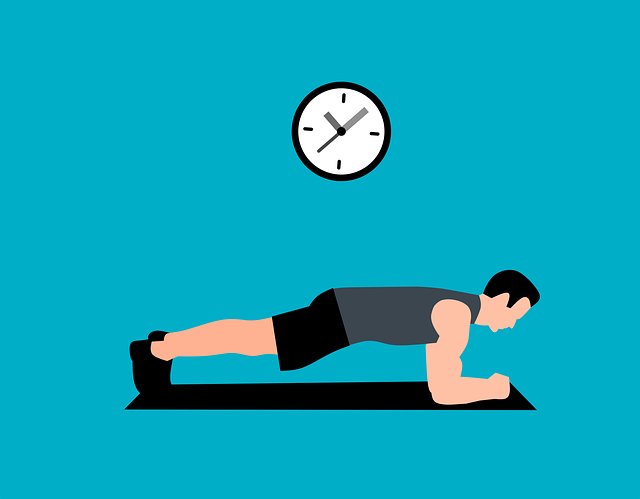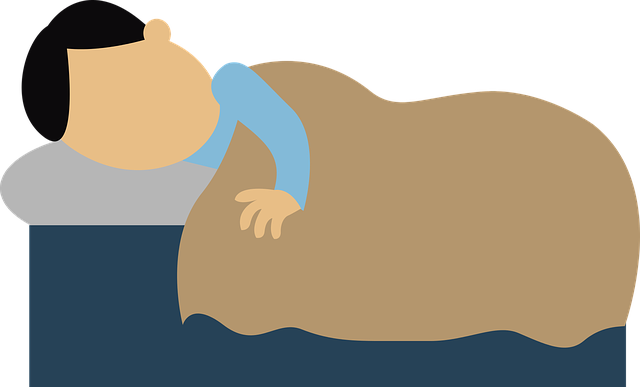Sarcopenia = Muscle Loss As You Age
Avoid Muscle Loss as You Age?. If you’re over 50 and don’t feel as strong as you used to be. Also, if you don’t have as much stamina as you once did, it’s not surprising. So then, just like bone density decreases with age, we also lose skeletal muscle mass. In this case, the decline in lean muscle mass is a condition called sarcopenia. And is a natural process that occurs in everyone over time. Furthermore, it can lead to frailty and increased risk for falls and loss of independence. However, fortunately, we can do something about it.
Understanding what Imbalance Is
Avoid Muscle Loss as You Age? Muscle loss occurs because of an imbalance between two neurological signals involved in muscle growth. A catabolic response sends a signal to reduce your muscle size, while an anabolic response sends an alert to build up your strength. As a result, a more robust catabolic response also means that it can build less muscle.
Most experts agree that the imbalance that leads to muscle loss begins around age 40. However, some studies suggest it might start earlier. Consequently, this will seriously affect everybody by the age of 75, leaving them frail. So then, an inactive lifestyle accelerates the process. For example, adults up to middle age are ideal for preserving muscle strength over time. However, even if you didn’t start early, it’s never too late at any age. Therefore, no matter how old you are, you can combat sarcopenia. Because, Exercise builds strength, but Nutrition is just as important.
The role of nutrition
Avoid Muscle Loss as You Age? You can’t just exercise and not eat properly, and you can’t just eat properly and not exercise. And eating protein‑rich foods to help build muscle is the key. So then, to build muscle, you need 0.45 grams of protein per pound of body weight. For example, a person weighing 140 pounds should eat 63 grams of protein daily (140 x 0.45). Good sources are milk, cheese, eggs, poultry, fish, peanuts and beans.
Protein is critical, but you also need carbohydrates, which is the energy source your body uses to exercise. Middle- and older-age adults should not be on a low-carbohydrate diet. But be sure to choose healthy carbohydrates. Vegetables, fruits and whole grains are preferable to highly processed foods. Whole, fresh foods also have vitamins and other nutrients your body needs.
Don’t Forget About Exercise
The best way to limit the extent of loss of muscle strength is by staying physically active all through life. But if you’ve been sedentary and have lost power, the answer still exercises. So then, a combination of aerobic and strength-training exercises will improve muscle health and overall health. However, if you haven’t been very active and are just beginning to exercise, go slow. “Don’t do too much too soon.”
To start, you need a program that will strengthen all of your muscles, beginning with the large muscle groups. And I must emphasize that it’s essential to be patient. It can take six to eight weeks to see any results. Also, at the start of an exercise programme, it may take longer to start seeing results. It will depend on the amount of effort and Exercise you make.
And when you perform these exercises, make sure to push your muscles to fatigue. If you’re just “going through the motions” without proper resistance. And will not engage your muscles and will not have much impact. But if you exert yourself and exert each muscle group with moderate to high intensity, then your muscles will substantially benefit.
Sleep and Hydration
Aside from working out, sleep is the main factor to keep muscles healthy and strong. After a person works out, their strengths need time to rest. And most of that takes place while you sleep at night. A person should try to get an average of seven to nine hours of sleep each night. Again quality sleep is so vital to the repair process after working out and fatiguing your muscles. Sleep is the most crucial part of recovery.
The last item is proper Hydration. Many people do not drink enough water during the day. Also, your muscles are fueled not only by food but also by appropriate Hydration. Aim for 8-10 glasses of water each day, and maybe more on your workout days. So then, this may seem a lot, but it is needed to support your muscles. So then, do not skip this vital step. Hydration is key to your success.
In Conclusion
Throughout a person’s life, many people will gain muscle and then lose it. However, if you have good Nutrition and stay active with resistance training and Exercise, you can help your body stay strong and maintain your muscle mass. Furthermore, you can reverse inactivities muscle loss at any age if you try. And this ultimately is the best blueprint to live a long and healthy life.
Important Note *
Remember that everyone is different, and it is ultimately YOUR RESPONSIBILITY to find what your body responds to. So please do your due diligence before trying anything new, including getting Medical Advice to ensure your safety and peace of mind.
Connect with me and leave a comment or two on my social media.




2 replies on “Avoid Muscle Loss as You Age?”
Very clear and good advice 🙏❤️❤️
Hello Sarah, thank you for commenting on the post, I always try to make
things clear and explained, I appreciate your kind words, it is great for me to receive feedback, once again thank you Ian